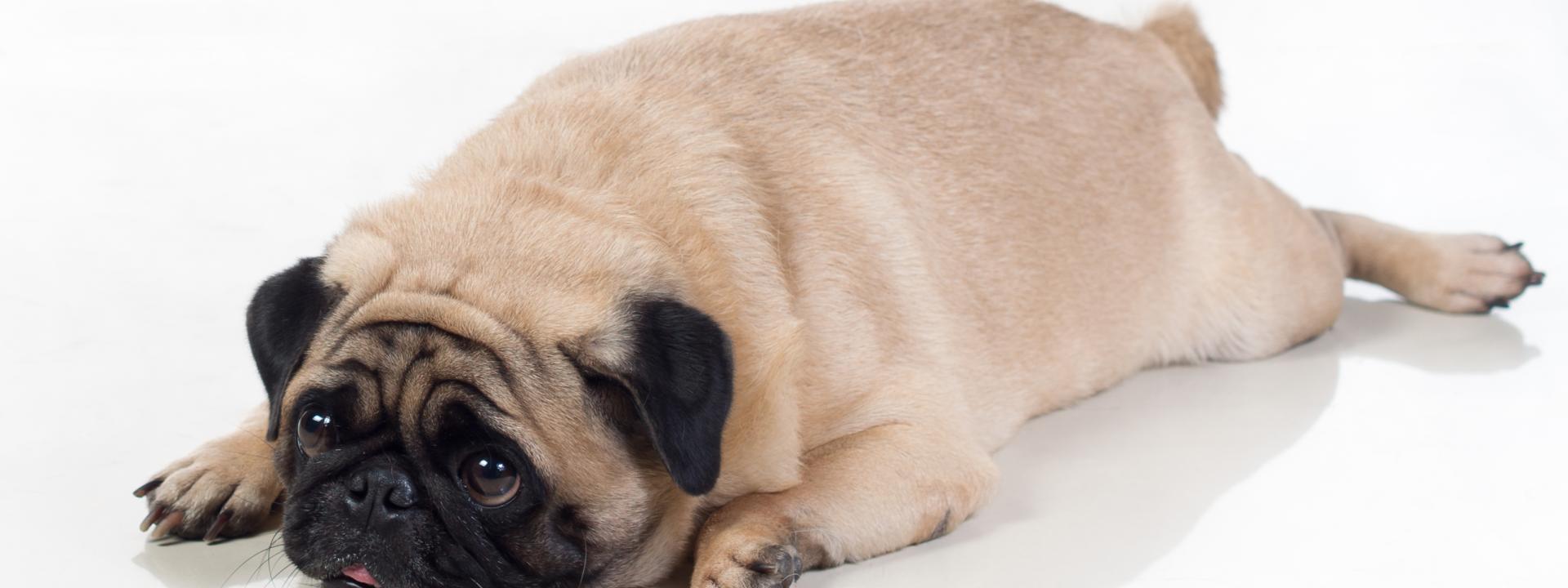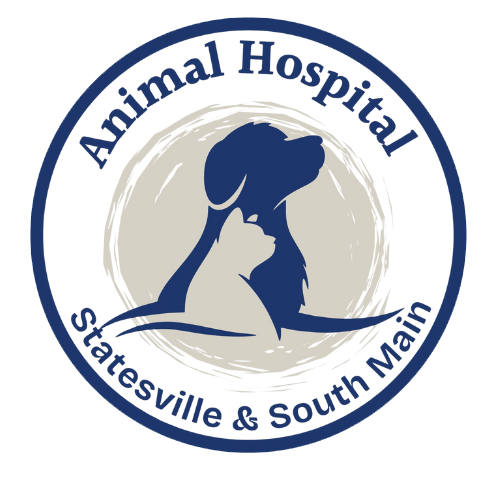
The thyroid gland is important for secreting thyroid hormone throughout the body. The function of the thyroid gland affects most all other organ systems in the body. When the gland malfunctions, it can cause a multitude of problems.
A common thyroid disorder in dogs is the underproduction of thyroid hormone (ie: Hypothyroid). The most common cause for this is either an autoimmune destruction or a natural atrophy of the gland. For classic hypothyroid disease, any dog breed can get it, but there are some dog breeds that are more known for the disease. Typical age to start having symptoms may be middle age to older dogs. The most common type of hypothyroid is not usually seen much less than 5-7 years old, but it can also happen in more elderly dogs as well.
Symptoms can vary widely but the most common are skin/coat problems and being overweight. The haircoat can be thin or missing in some locations. They can have recurrent skin infections. The coat can be brittle and dry, or they can lose their more coarse external coat and just have the softer “puppy” interior coat remaining. Since the thyroid gland affects pretty much all other organ systems, some other less common but noted symptoms may include: lethargy, anemia, slower heart rates, arrhythmias, neuropathies, and seizures. Since hypothyroid can affect cholesterol and fats in the bloodstream, sometimes you can get deposits or changes in the cornea of the eye as well.
Diagnosis can sometimes be as easy as an exam/ history that fits and a significantly low T4 blood test, but there are many other reasons for a T4 blood test to be low that do not include hypothyroid, so often more testing is needed. This may include other hormone blood tests like T3, free T4, and TSH.
Treatment can be very rewarding for hypothyroid dogs as they often respond very well to replacement of the deficient hormone. We have thyroid pills that replace the hormone and within weeks/months, these dogs have a wonderful response with improved energy, weight loss, and resolving coat problems. These dogs will need lifelong thyroid supplement, occasionally dosage change based on repeat labs and if symptoms return. It is also important that we address other common issues (like weight or skin issues, NOT related to the thyroid disease) if all the symptoms do not resolve with thyroid supplement.
If you are concerned about symptoms that your dog may have, give us a call to set up an appointment and we can help determine if your dog may have the very common disorder of Hypothyroid disease!
Dr. Kristin Christy Animal Hospital of Statesville
